According to a study done by the World Health Organisation, in 2020, there were 2.3 million women diagnosed with breast cancer and 685 000 deaths globally. As of the end of 2020, there were 7.8 million women alive who were diagnosed with breast cancer in the past 5 years, making it the world’s most prevalent cancer.
Improvements in survival began in the 1980s in countries with early detection programmes and appropriate treatment.
With the focus being Breast cancer this week for our Wellness Wednesday. Gisele Wertheim Aymes, spoke to Dr. Justus Apffelstaedt, from Apffelstaedt associates. He’s a breast cancer surgeon, specialist, and professor. He shares his insight about breast cancer with us.
“What we are seeing now from 2010 to 2020 is an improvement in survival to a normal lifespan. We ensure the normal female appearance of breast therapy. 95% of women diagnosed with cancer are leaving my practice, after the treatment with normal-looking breasts.”
Breast Cancer: All You Need To Know
Who Is At Risk?
Cancer is a lifestyle disease. The following factors may raise a woman’s risk of developing breast cancer: 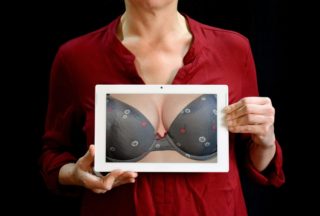
- Age. The risk of developing breast cancer increases as a woman ages, with most cancers developing in women older between 40 and 50.
- Personal history of breast cancer. A woman who has had breast cancer in 1 breast has a higher risk of developing new cancer in either breast.
- Inherited risk/genetic predisposition. According to Dr. Appffelstaedt, only 5% of cases are genetically caused.
- Obesity. For women, being overweight or obese after menopause increases the risk of breast cancer. But the connection between weight and breast cancer risk is complicated, Dr. Appffelstaedt suggests “obesity increases your risk to about 50%. We should recognise these types of influences. For me, like any other cancer as well, breast cancer is primarily a lifestyle disease.”
Signs and Symptoms
A lump in your breast or underarm that doesn’t go away. This is often the first symptom of cancer. Your doctor can usually see a lump on a mammogram long before you can see or feel it.
Swelling in your armpit or near your collarbone. This could mean breast cancer has spread to lymph nodes in that area. Swelling may start before you feel a lump, so let your doctor know if you notice it.
Pain and tenderness, although lumps don’t usually hurt. Some may cause a prickly feeling. Breast changes such as a difference in the size, contour, texture, or temperature.
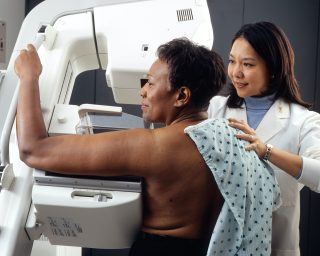
Photo by National Cancer Institute on Unsplash
Changes in your nipple, like one that: Pulls inward, is dimpled, burns, unusual nipple discharge. It could be clear, bloody, or another colour, itches, develops sores.
Screening
Screening is used to look for cancer before you have any symptoms or signs. The overall goals of cancer screening are to:
Lower the number of people who develop the disease
Lower the number of people who die from the disease, or eliminate deaths from cancer altogether
Identify people with a higher risk of developing a specific type of cancer who may need screening more often due to genetic mutations or diseases
Importance of Early Detection
Early detection of breast cancer is important as it is associated with an increased number of available treatment options, increased survival, and improved quality of life. While there is no definitive method of preventing breast cancer, early detection provides the best chance of effective treatment.
“Generally, in a private practice, it takes 24hours to get your mammogram done. As for public sectors where it could take you to put to six months of waiting for your results. Our goal is to reach and educate more women who are not economically privileged. Educate them in doing regular breast self-examination, but also help them get a breast cancer diagnosis for a reasonable fee.”

photoagent/shutterstock
How Often Should You Get A Mammogram
Dr. Apffelstaedt advises that at least once a year if you can afford to from the age of 40. “Especially for the younger women, it would be wise to get annual mammograms. Once you’re post-menopause the density of your breasts for most women goes down and the cancer is easy to detect.”
Treatment
Breast cancer is treated in several ways. It depends on the kind of cancer and how far it has spread. People with breast cancer often get more than one kind of treatment.
- Surgery. An operation where doctors cut out cancer tissue.
- Chemotherapy. Using special medicines to shrink or kill the cancer cells. The drugs can be pills you take or medicines given in your veins, or sometimes both.
- Hormonal therapy. Block’s cancer cells from getting the hormones they need to grow.
- Biological therapy. Works with your body’s immune system to help it fight cancer cells or to control side effects from other cancer treatments.
- Radiation therapy. Using high-energy rays (similar to X-rays) to kill the cancer cells.
Awareness
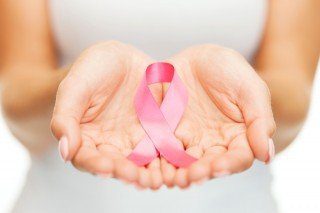
Syda Productions/Shutterstock
Breast cancer awareness efforts have helped people:
- learn what their risk factors are
- how they can reduce their level of risk
- what symptoms they should look for
- what kinds of screening they should be getting
Breast Cancer Awareness Month is held each October.
REFERENCES
Who is Dr. Justus?
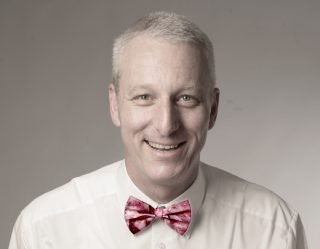
Dr. Justus Apffelstaedt
Dr. Justus Apffelstaedt is a specialist surgeon with a particular interest in breast, thyroid, and parathyroid health management, as well as soft tissue surgical oncology.
Dr. Apffelstaedt has published about 50 peer-reviewed articles in scientific journals both nationally and internationally. He has also presented about 60 invited papers at national and international scientific meetings. Additionally, he has had about 100 scientific papers read at national and international scientific meetings.
Watch the interview
The video interview with Dr. Justus Apffelstaedt contains the entire dialogue of this interview, and you can watch it below.
View this post on Instagram


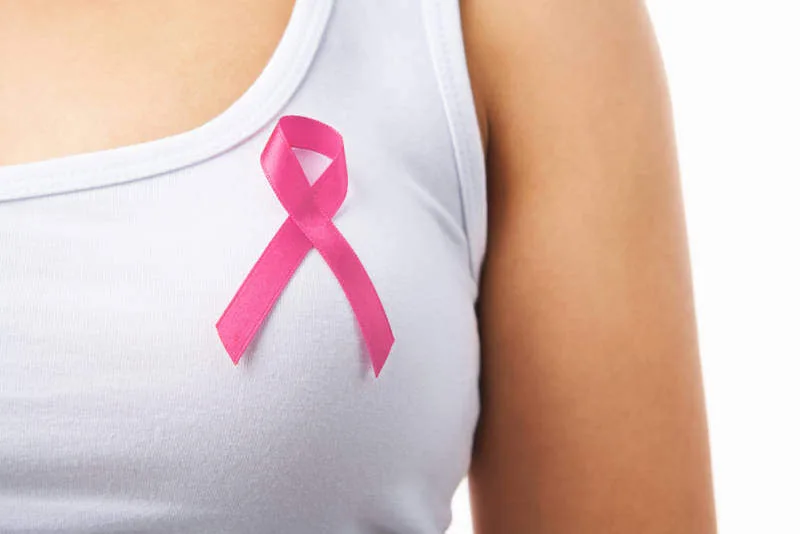


![women [longevity live]](https://longevitylive.com/wp-content/uploads/2020/01/photo-of-women-walking-down-the-street-1116984-100x100.jpg)










